Trudeau hopes for pandemic boost in risky snap election
Canadian PM Justin Trudeau gambles his political future on his adroit Covid response even as experts said a fourth wave had begun.
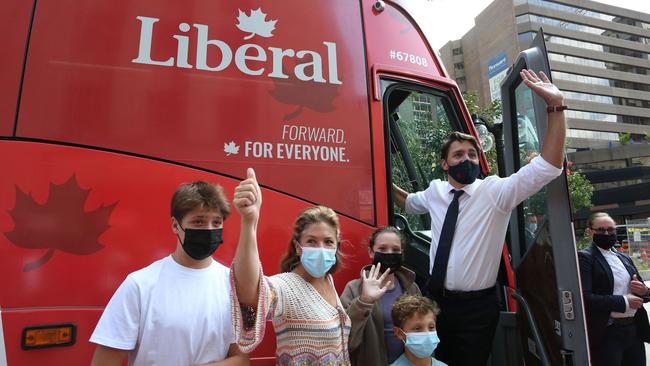
Justin Trudeau, the Canadian prime minister, called a snap election yesterday (Sunday), gambling his political future on his adroit Covid-19 response even as experts said a fourth wave had begun.
He visited the governor-general, Mary Simon, the Queen’s official representative, who accepted his request to dissolve parliament and schedule a poll for September 20. The 36-day campaign is the shortest permitted by law.
“Covid-19 wasn’t something we expected as a government,” Trudeau said. “Now it is time to hear your voice. In this pivotal, consequential moment, who wouldn’t want a say? ... Canadians need to choose how we finish the fight against Covid-19 and build back better.”
The election will be just under two years after the last one. Trudeau, 49, is betting that strong Covid-19 vaccination rates, which have made Canada the most jabbed country in the world, and a post-pandemic economic rebound, will turn his minority government into a majority.
Polling suggests it could be difficult. A Nanos Research poll on Friday gave his Liberal Party 33.4 per cent, down 5.9 points from a month ago, to the opposition Conservatives’ 28.4 per cent. That would leave Trudeau in power but without a majority. At present the Liberals hold 155 seats, 15 short of a majority, to the Conservatives 119.
“It’s a gamble - at the same time it’s a calculated risk,” Daniel Beland, a political science professor at McGill University, said. “I don’t think that it will be that easy for them to succeed.”
There is scant public support for the election call. Erin O’Toole, the Conservative leader, and Jagmeet Singh, leader of the left-wing New Democrats (NDP), criticised the move as reckless amid rising Covid-19 cases.
Justin Trudeau’s planning an election in the middle of a pandemic because he’s focused on politics. It’s time we had a Prime Minister planning an economic recovery focused on Canadians. We’re ready. https://t.co/AW1l2XQsUq
— Erin O'Toole (@erinotoole) August 12, 2021
Campaign issues are expected to include record spending and deficits, climate change, a sexual misconduct scandal in the military and a reckoning on Canada’s colonial past. The fall of Afghanistan to the Taliban and a diplomatic spat with China are also key.
In 2015 Trudeau energised Canadians with his liberal agenda and swept to power. In 2019, however, a string of scandals led to him surrendering his majority and losing the popular vote. That left him reliant on opposition parties and vulnerable to a no-confidence vote. Although the government has passed all its pandemic legislation, Trudeau has insisted that parliament is plagued by dysfunction.
Before the call, the main parties began an advertising blitz. The Liberal advert, with a voiceover by Trudeau, promised: “Forward for everyone.” A Conservative one parodying the 1971 film Willy Wonka and the Chocolate Factory, accusing Trudeau of fiscal mismanagement and selfishness in calling an election, drew criticism from some MPs.
Dr Theresa Tam, the chief public health officer, said last week that Canada was in its fourth wave and cases showed “a strong resurgence trajectory”, though deaths remained low.
The path to a majority for Trudeau runs through the suburbs of Toronto, Montreal and Vancouver. In Quebec he faces pressure from the pro-independence Bloc Quebecois. Beland said he could lose votes to the NDP’s Singh, the most popular national leader. A short, partially online campaign could suit the digitally savvy party.
O’Toole, a former air force officer, has struggled to break through to the public in his first year as Conservative leader. In March his party members voted down a motion saying “climate change is real”.
Shachi Kurl of the Angus Reid Institute, an independent research organisation, said voter turnout and postal votes would be key factors, adding: “The task for the Liberals was to find a tiny window where the pandemic was enough on Canadians’ minds that they would think upon his [Trudeau’s] performance . . . but at the same time be feeling safe enough to go out and vote.”
ANALYSIS
The Canadian prime minister Pierre Trudeau was flying high in 1977, approaching a decade in power. With his Liberal Party soaring in the polls on the back of a strong economy, and the Progressive Conservatives in disarray, advisers were baying for a snap election (Charlie Mitchell writes).
Trudeau decided against it.
By the time Canadians finally returned to the polls in 1979, the public mood had changed and the economy had stagnated. The Progressive Conservatives took power, and Joe Clark replaced Trudeau as prime minister. It would have marked a dismal end to an illustrious political career had the genial but formidable Quebecker not made a stunning comeback in 1980.
Still, wrote the historian John English years later, “it was Trudeau’s worst political decision.”
That missed opportunity may well be weighing on his son, Justin, who has waited almost two years for a chance to trade his minority government for a majority. Many trace the current prime minister’s political arrival to his eulogy at his father’s televised state funeral in September 2000.
The 2019 election left him clinging to power by a thread, his image tarnished by a string of ethics scandals and embarrassing images of him wearing blackface as a younger man. The golden boy of western politics lost the popular vote to an uninspiring Conservative candidate whose views on abortion made Canadians queasy.
Now he hopes to ride a wave of vaccine optimism to a majority, despite near-unanimous opposition to a pandemic election. If it backfires - and polling suggests the results will be close - it could go down as a miscalculation even more significant than his father’s.
The Times

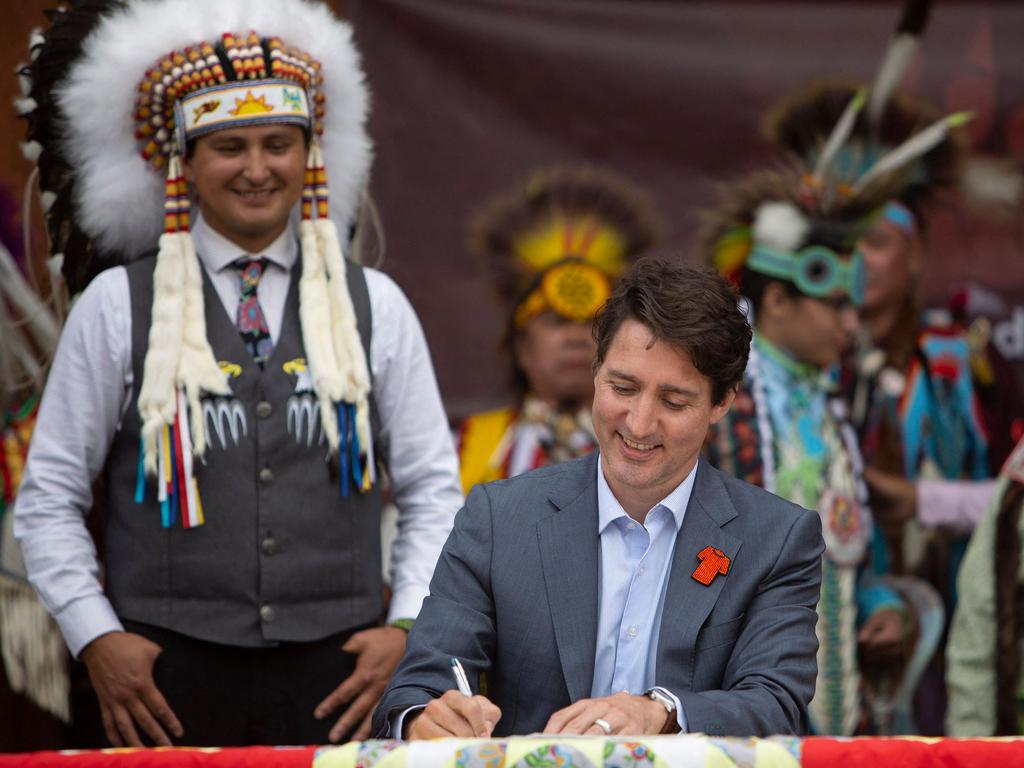
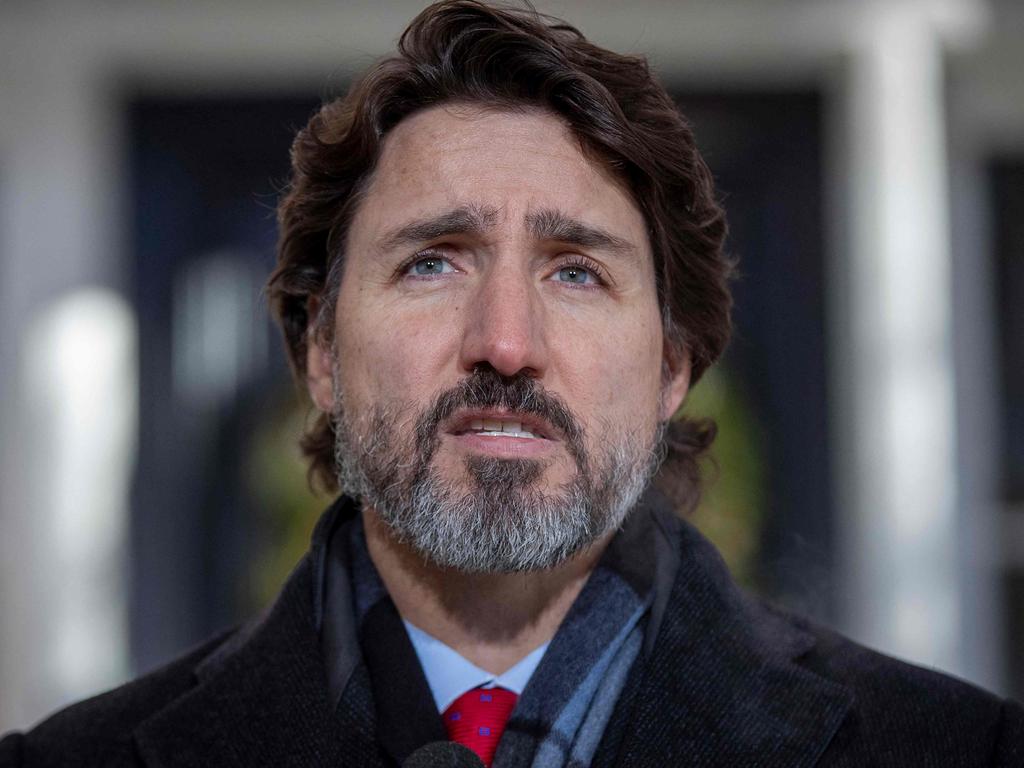
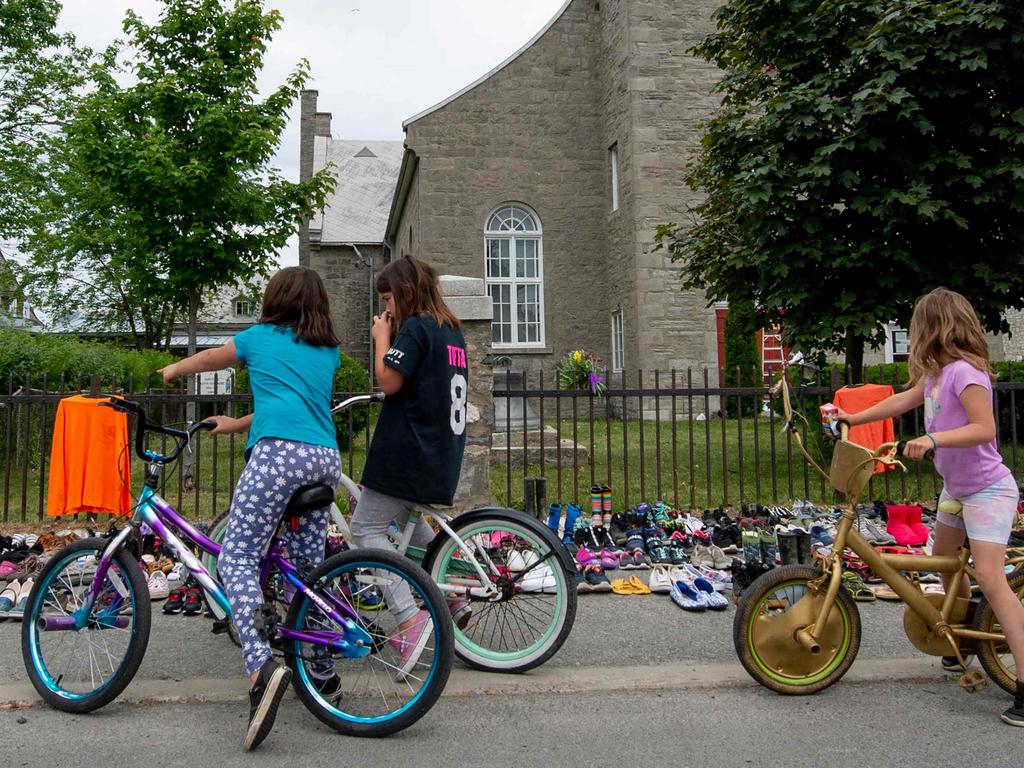
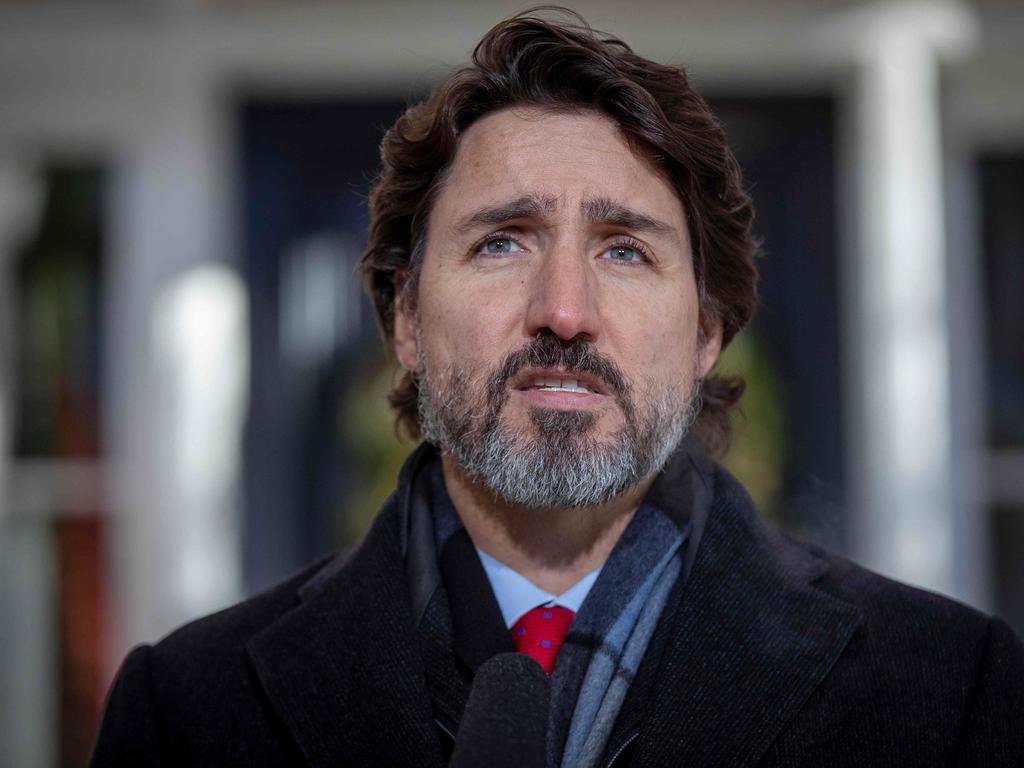


To join the conversation, please log in. Don't have an account? Register
Join the conversation, you are commenting as Logout